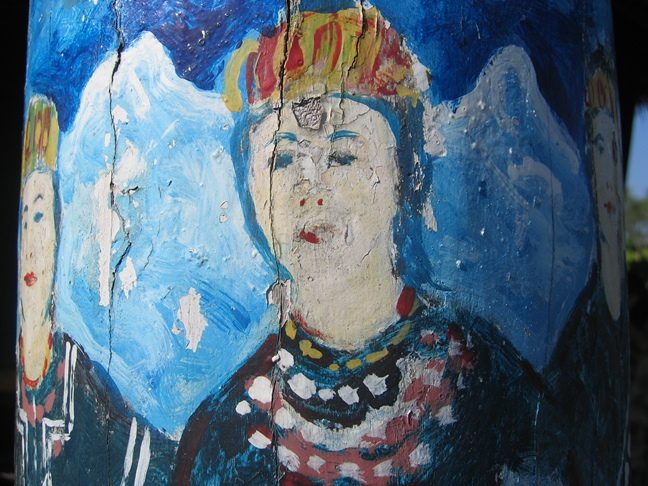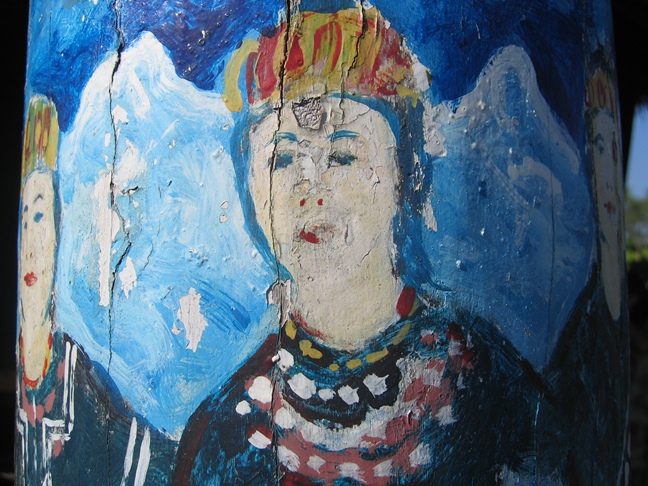Burma was not one of the 115 countries to sign up to the UN Preventing Sexual Violence Initiative (PSVI) launched by William Hague at the UN General Assembly on 24 September 2013. Despite Burma’s refusal to sign the initiative the British Government will still pay to train soldiers from the Burmese Army, which is accused of using rape as a weapon and child soldiers. Other countries with even worse records than Burma’s on sexual violence, such as the Democratic Republic of Congo and Sierra Leone signed up to the initiative.
Signatories to the initiative pledged not to allow amnesties for sexual violence and to support and protect civil society organisations to improve the monitoring and documentation of cases of sexual violence without fear of reprisal. When President Thein Sein of Burma visited Britain in July 2013 the Ministry of Defence agreed to pay for 30 senior Burmese military officers to receive training from Britain’s flagship Defence Academy. Before entering into the agreement the British government sought assurances from the Burmese military that they had severed all ties with North Korea. They did not seek assurances that they would end their use of rape and child soldiers. They also did not make the military aid conditional on Burma signing up to the PSVI.
A Foreign Office spokesman said: “We have raised the PSVI with the Burmese authorities. We have lobbied them twice over the past month and we will continue to do so.” But he said that signing the PSVI was not linked to the supply of aid, so Burma would receive all the aid they had been promised, irrespective of whether or not they signed the PSVI. He also pointed out that Britain was the biggest bilateral donor to Burma.
From 1962 until an election in 2010 Burma was ruled by an authoritarian junta who regularly used the military to suppress any opposition, particularly from ethnic minority groups fighting for independence. Democracy icon Aung San Suu Kyi and 42 members of her National League for Democracy were elected to parliament in by-elections in 2011, but most MPs are still soldiers or ex-military and at least 25 per cent of MPs have to be soldiers.
Valerie Vaz MP and staff of Burma Campaign UK, an organization campaigning for increased human rights in Burma, presented a 2,000 signature petition to the Foreign and Commonwealth Office demanding that William Hague prioritise the issue of rape and sexual violence in Burma. Valerie Vaz said: “The on-going practice of sexual violence by the Burmese armed forces is alarming and should not be ignored by the British government”
One of the worst recorded cases happened in May 2013 when ten Burmese soldiers found grandmother Ngwa Mi sheltering in a church with 12 children in Kachin State, Northern Burma where the army are fighting the ethnic minority Kachin. The soldiers held her captive in the church for three days whilst they repeatedly raped, beat and stabbed her. No soldiers have yet been held to account over the incident.
Last financial year Britain gave the UN ┬г1 million to help stop sexual abuse in conflict zones and Mr Hague promised an extra ┬г5 million over the next three years when he launched the initiative at a G8 meeting in April. He has also set up a task force of 70 specialists to help reinforce UN efforts. They have visited Bosnia, Syria, Libya, Mali and the Democratic Republic of Congo. They have not visited Burma. The Burmese Army also still uses child soldiers even though the Burmese Government signed a UN commitment to stop using them in June 2012.
In August a UN report on child soldiers in Burma said there was “deep concern” that children were still being recruited into the army. There was also concern that UN monitors had not been given access to all parts of the country. Foreign office minister Hugo Swire said: “I welcome the calls for an immediate end to the recruitment of child soldiers and for UN experts to be given full access in their investigations into this appalling practice.” As a follow up to the report a team of UN Security Council specialists will visit Burma on 29 November to review the situation.
Despite these uncertainties The British Government are continuing with their plan to send a team over from the UK’s prestigious Defence Academy to teach a bespoke version of their ‘Managing Defence in the Wider Security Context’ course to 30 Burmese Army Officers at the rank of Lieutenant Colonel and above.
Mark Farmaner, the director of Burma Campaign UK said: “It is disgraceful that Britain has decided to go ahead with training the Burmese Army despite the fact that they still rape with impunity, and are violating an agreement with the UN to stop recruiting child soldiers.”
Dr Laura Cleary, the head of the Centre of International Security and Resilience at Cranfield College who is running the training course said it would not involve any offensive military training. She said: “The purpose of this engagement is to encourage the Burmese military to normalize their role within society, to improve the respect for human rights and enhance the governance of those security forces. “We will adhere to the broader Foreign Office objectives of the British Government. All of our training is subject to the government’s Overseas Security and Justice Assistance (OSJA) human rights guidance.”
She said that the British Government hoped that this would be the first in a series of training exercises offered to the Burmese army provided they continue to adhere to the OSJA. In the USA, under the Child Soldier Prevention Act, it is illegal to give any sort of military assistance to governments who use child soldiers, but it is the only country in the world to have such a law. Apart from Belgium European countries do not have constraining legislation about bilateral military assistance.
The UN is seeking stronger military assistance legislation with all member-states, including European countries. A British military attaché will also start working at the embassy in Rangoon, Burma from this October to help with relations between the countries’ military forces.
Mark Inkey is a freelance journalist based in the UK
 Facebook
Facebook  Twitter
Twitter  Soundcloud
Soundcloud  Youtube
Youtube  Rss
Rss 
